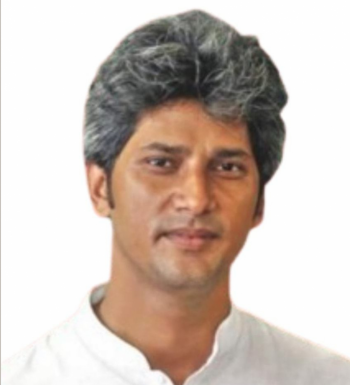Most political parties have agreed to a proposal limiting an individual’s total tenure as prime minister to 10 years in their lifetime, Zonayed Saki, chief coordinator of Ganosamhati Andolon, said on Sunday.
Speaking to journalists after the second round of talks between political parties and the National Consensus Commission at the Foreign Service Academy in the capital, Saki noted that only three parties had expressed alternative views.
“There has been a discussion on how long someone can serve as prime minister. A proposal was put forward suggesting that a prime minister can take the oath of office a maximum of two times,” Saki said. “The Election Reform Commission also proposed a two-term limit for the prime minister,” he added.
He explained that the issue had created some confusion around the concept of a “term”, as it could imply either a full five-year period or the total time the parliament remains in office. “That’s why a new proposal was introduced to define the limit in years rather than terms. Specifically, a person could serve as prime minister for a maximum of 10 years,” Saki said.
“Except for three parties, most have agreed to this proposal,” he continued. “Meanwhile, there are other unresolved issues being discussed — such as women’s representation in parliament, direct elections, appointments to constitutional offices through a constitutional commission, formation of an upper house based on proportional representation and its powers, balance between the two houses, the process for presidential elections, and balancing powers between the president and the prime minister.”


